People in Canada whose first dose of COVID-19 vaccine was AstraZeneca have a choice to make: They can either choose one of the mRNA vaccines (Pfizer or Moderna) or another dose of AstraZeneca for their second shot.

B12 is scarce in the diet, and it is found only in foods from animal sources. Fortunately, humans need only 2.4 micrograms of B12 daily, which is equivalent to one ten-millionth of an ounce – a very, very small amount.

Two common compounds—green tea catechins and resveratrol in red wine and other foods—reduce the formation of Alzheimer’s plaques, a new study shows.

Thanks to a symbiotic fungus, many species of morning glories contain elements of powerful psychedelic drugs called ergot alkaloids, according to new research.

Our study, published in Nature Plants, found that indica and sativa labels are largely meaningless.

A new study looking at the way human cells activate the immune system in response to SARS-CoV-2 infection could open the door to even more effective and powerful vaccines against the coronavirus and its rapidly emerging variants.
Researchers say it’s the first real look at exactly what types of “red flags” the human body uses to
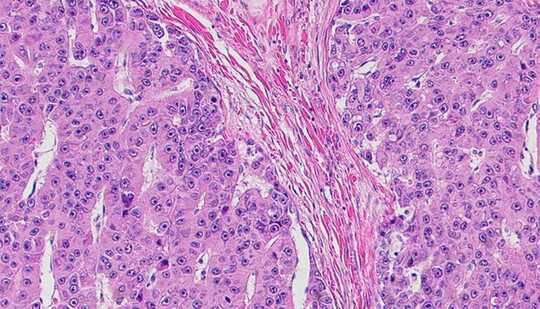
 In western countries, attention has understandably focused on which of the western-made COVID-19 vaccines people are likely to receive. But globally, these are far from the only products available. China, for instance, has developed multiple COVID-19 vaccines, and these are now being used to protect people both domestically and abroad.
In western countries, attention has understandably focused on which of the western-made COVID-19 vaccines people are likely to receive. But globally, these are far from the only products available. China, for instance, has developed multiple COVID-19 vaccines, and these are now being used to protect people both domestically and abroad.

Researchers have discovered a new targeted combination drug therapy that efficiently reduces tumor growth in metastatic breast cancer.
People in Canada whose first dose of COVID-19 vaccine was AstraZeneca have a choice to make: They can either choose one of the mRNA vaccines (Pfizer or Moderna) or another dose of AstraZeneca for their second shot.

In the face of changing eligibility for the AstraZeneca vaccine, new variants of the coronavirus and supply constraints, many people are wondering whether they can “mix and match” COVID-19 vaccines.

Iron deficiency is a common nutritional disorder worldwide, and pre-menopausal women are most at risk of being diagnosed with it.
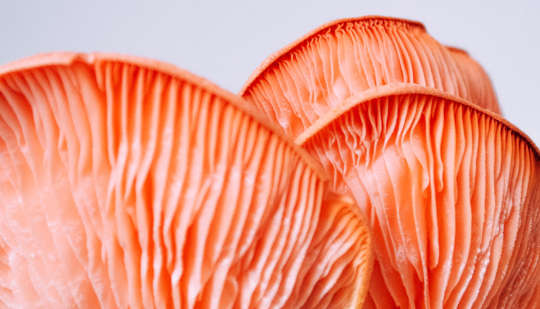
Replenishing antioxidants in the body may help protect against oxidative stress and lower the risk of cancer

Microdosing has become something of a wellness trend in recent years. The practice involves taking a low dose of a psychedelic drug to enhance performance, or reduce stress and anxiety.
 Antibiotic resistance is a worldwide problem to the extent that there is a grave risk that common infections will soon become untreatable.
Antibiotic resistance is a worldwide problem to the extent that there is a grave risk that common infections will soon become untreatable.
 Back in the days when “skunk” was mainly associated with Pepé Le Pew and hydroponics was a way of improving cucumbers, most of the UK’s cannabis supply was imported from places such as Morocco and Lebanon.
Back in the days when “skunk” was mainly associated with Pepé Le Pew and hydroponics was a way of improving cucumbers, most of the UK’s cannabis supply was imported from places such as Morocco and Lebanon.

Older people have weaker immune responses and are known to respond less well than younger adults to many vaccines, including the seasonal influenza vaccine. This is partly down to frailty, which cannot be easily remedied, but can also be due to deficiencies in vitamins and minerals – known as micronutrients.
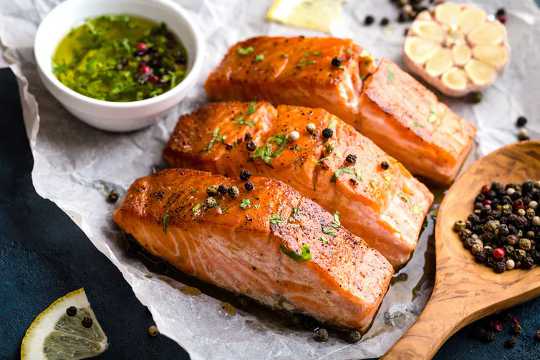
Omega-3 fatty acids are often touted for their reported benefits to many important aspects of health – especially for our heart. Now, our recent study has uncovered another potential benefit of omega-3s.

In stark contrast to the overblown fears portrayed during decades past, these days, most people think cannabis is relatively harmless. While weed is indeed less dangerous than some other drugs, it is not without risks.
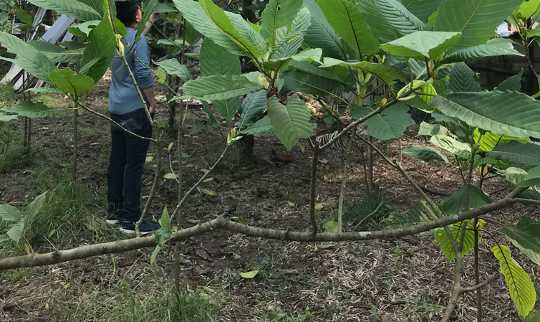
Kratom, a traditional Southeast Asian herbal medicine from the leaves of the tropical tree Mitragyna speciosa, has gained favor in the U.S. as a legal high over the past decade.
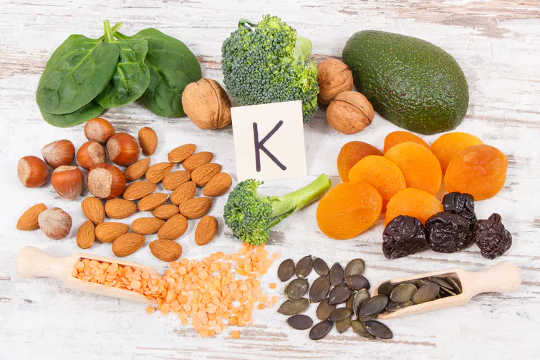
Most people know about vitamins A, B, C, D and/or E, but vitamin K slips under the nutritional radar. Yet it is essential for life because it’s required for blood to clot normally. Now scientists are now realizing there is more to know about this less appreciated nutrient.
Page 1 of 9

